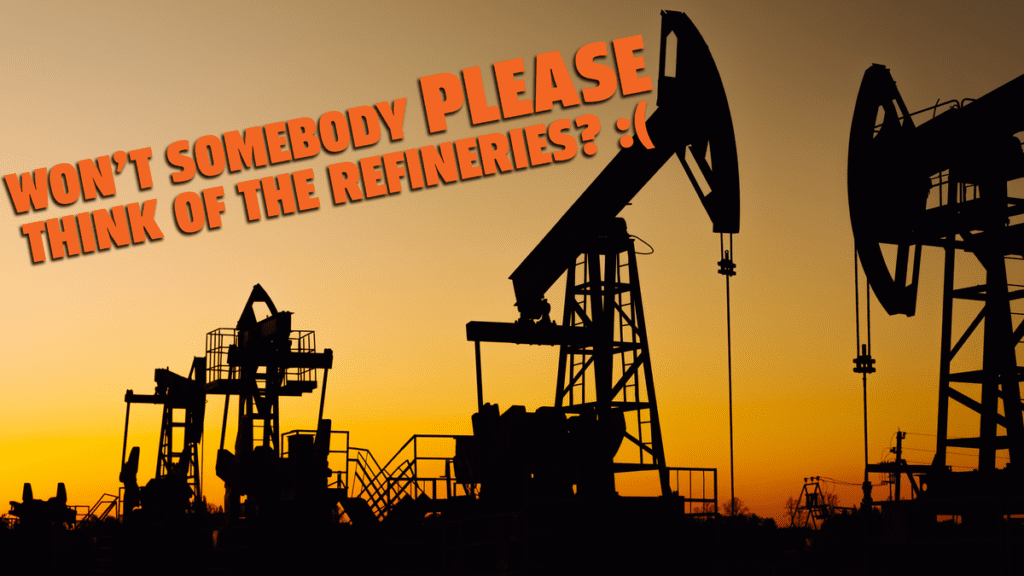The EV Transition Will Reduce America's Need for Fossil Fuels. That’s a Good Thing.

Photo: Olga Rolenko (Getty Images)
This week, Bloomberg published a piece about how the latest U.S. vehicle emissions laws will reduce our nation’s demand for oil. The article estimated that America’s need for oil would drop by 17 billion barrels by 2055, causing a massive shift in the energy market — cutting down on emissions from both oil consumption and production. Then, Bloomberg went on to say that this is somehow bad.
2024 Subaru Impreza: Your Questions, Answered
In case you missed it:
The piece quotes a statement from the American Fuel and Petrochemical Manufacturers association, not exactly a neutral party when it comes to matters of fuel and petrochemical manufacturing in America. The association claims that cutting emissions isn’t the right goal — instead, we should be focusing on expensive, energy-intensive, difficult-to-scale carbon capture technology to pluck those emitted particles from the atmosphere. It’s Occam’s Razor in reverse: The most overcomplicated solution, that harms the profits of the fewest archaic industries, is usually the best.
Of course, that’s what this all comes down to: Profit. Fossil fuel companies have known about the dangers of climate change since the 1970s, but elected not to diversify their profit streams by developing new, more eco-friendly methods of storing and using energy. Instead, they funded decades-long disinformation campaigns meant to protect their core competency — drilling, refining, and selling oil.
Reducing fossil fuel demand in the United States is good — unequivocally, incontrovertibly, full stop. This sort of profit-minded both-sidesism from trusted names like Bloomberg only serves to muddy the conversation, dragging out a pointless debate that’s long since been solved with facts — and one that, with every second it continues, brings us closer to irreparably damaging our only planet.





